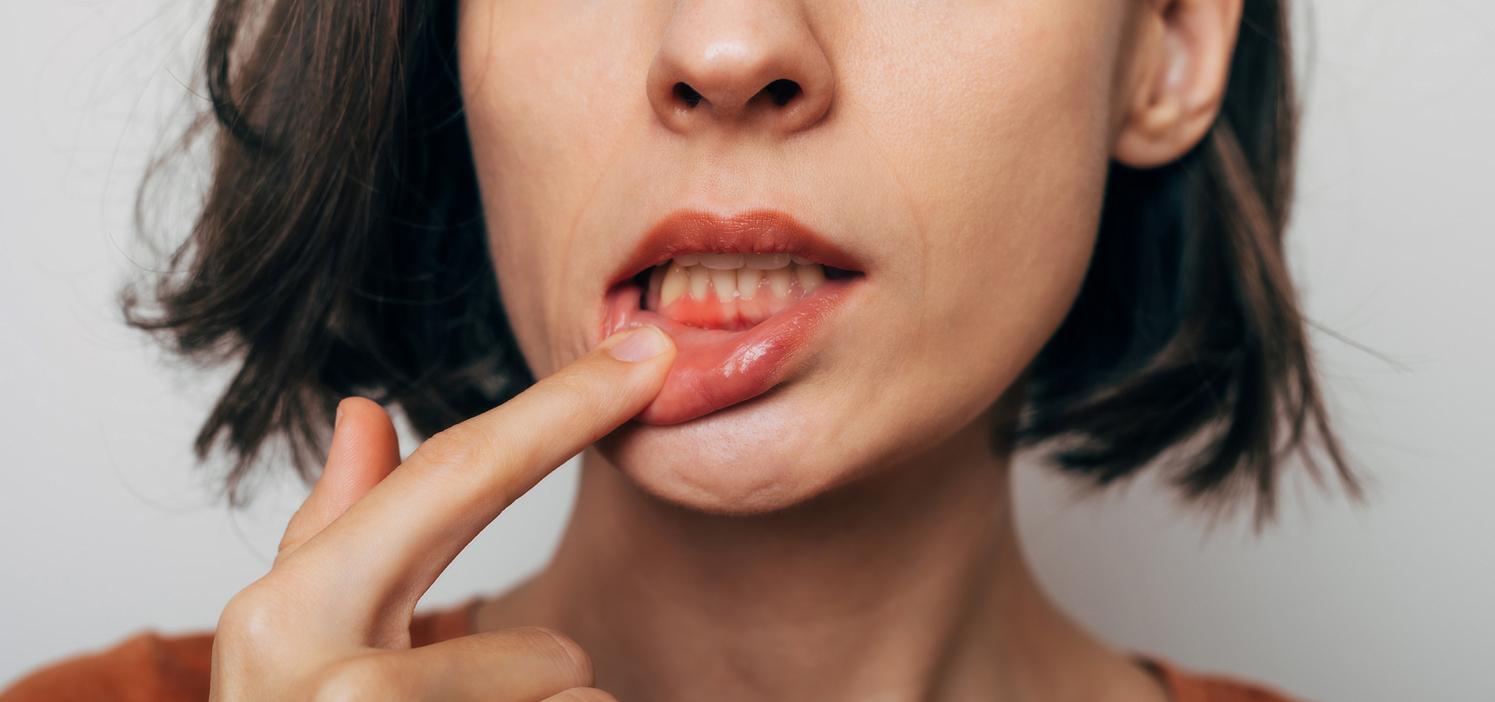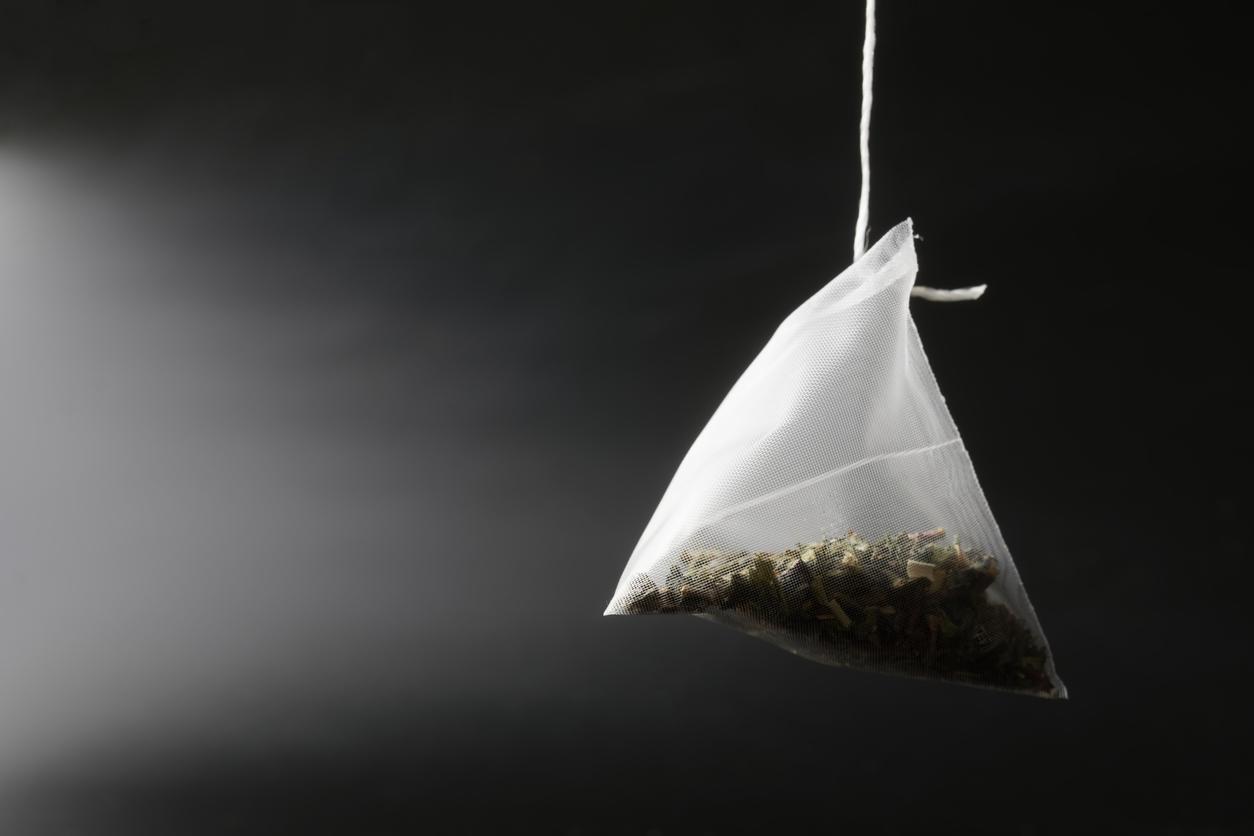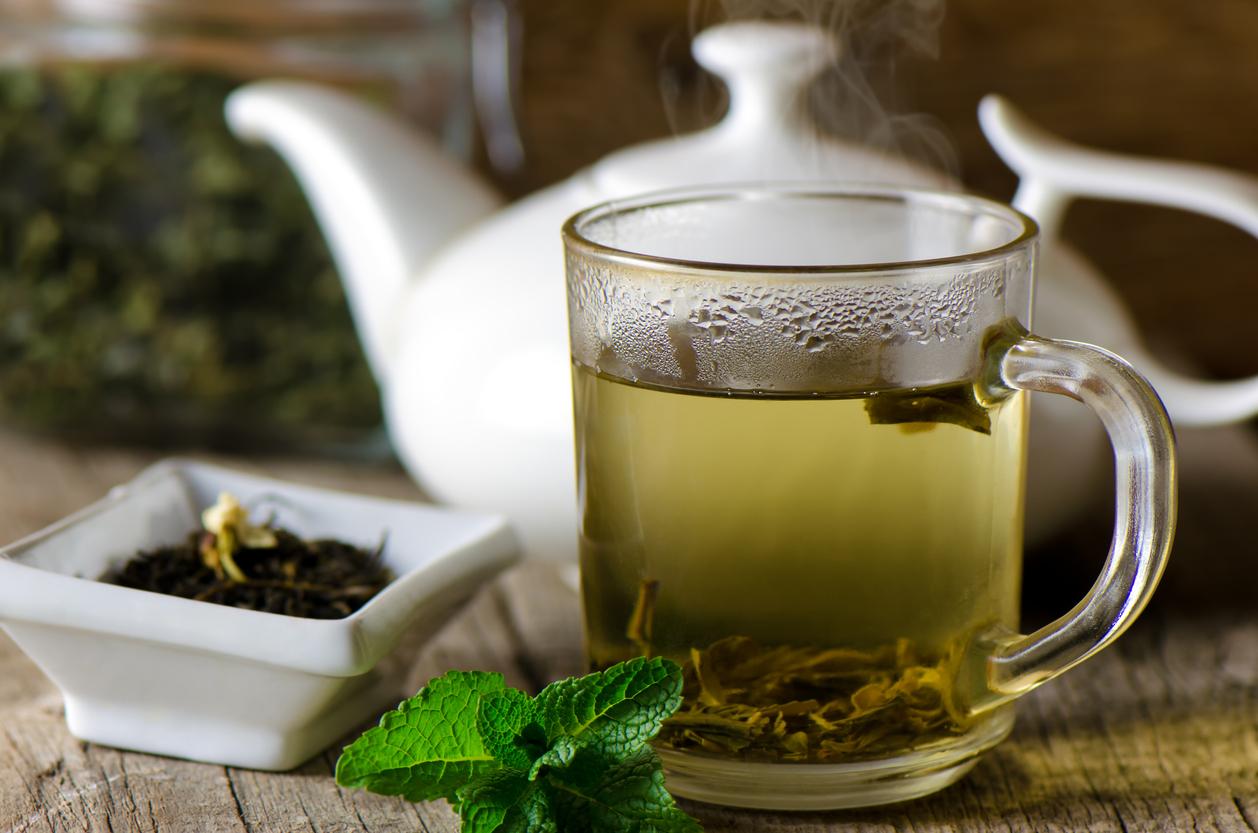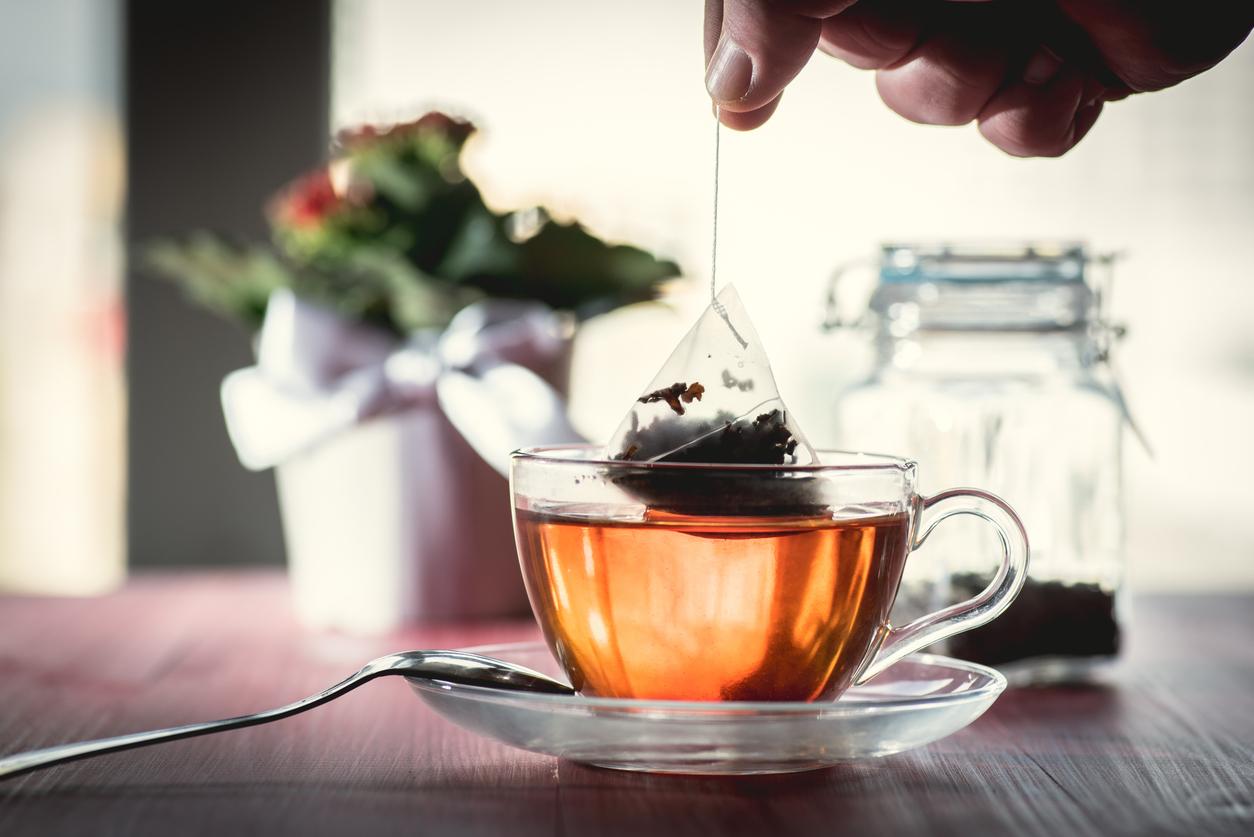Matcha, a green tea powder, helps eliminate the bacteria P. gingivalis, which causes gingivitis.

- Periodontitis is inflammation of the gums, linked to a bacterial infection.
- Green tea powder, called matcha, helps destroy the bacteria responsible for the disease.
- A study demonstrates its effectiveness in the form of mouthwash.
Matcha is trendy, and that’s good news for oral health. This green tea powder, from Japan, helps fight gingivitis and periodontitis. In the magazine Microbiology Spectrumresearchers from the Nihon University School of Dentistry in Matsudo, the National Institute of Infectious Diseases in Tokyo and other Japanese institutes demonstrate that matcha-based mouthwashes eliminate the bacteria Porphyromonas gingivalisresponsible for periodontitis.
What is periodontitis?
The bacteria colonizes the biofilms present on the teeth and then infiltrates the tissues. This first leads to gingivitis, inflammation of the gums, and then, when left untreated, leads to periodontitis: bacteria reach the tissues that connect the teeth to the jaw and this can cause tooth loss. . “The disease has also been linked to diabetes, premature birth, cardiovascular disease, rheumatoid arthritis and cancer.”warn the authors.
Green tea powder helps eliminate bacteria responsible for periodontitis and gingivitis
In their trial, the researchers first tested the effects of green tea powder in a laboratory experiment. “Camellia sinensis is a green tea plant long studied for its potential antimicrobial effects against bacteria, fungi and viruses, they emphasize. A previous study on mice found that green tea extract can inhibit the growth of pathogens including Escherichia coli.” This time, they tested the effects of a matcha solution against 16 oral bacteria. “Within two hours, almost all of the cultured P. gingivalis cells were killed by the matcha extract, and after four hours of exposure, all cells were dead.”observe the authors.
Matcha mouthwashes to prevent and treat periodontitis
Next, they tested the effects of matcha on 45 participants. All had chronic periodontitis. The patients were randomly divided into three groups: one group received a barley tea mouthwash, the second received a matcha extract mouthwash, and the third received a mouthwash containing sodium azulene sulfonate hydrate, used to treat inflammation. Saliva samples were collected before and after the intervention and analyzed by PCR. “The analysis revealed that patients in the matcha mouthwash group had a significant reduction in the level of P. gingivalis, conclude the Japanese scientists. Patients in the other two groups did not show the same reduction.”
According to them, this experiment shows that matcha could be used “clinically” for the prevention and treatment of periodontitis.















